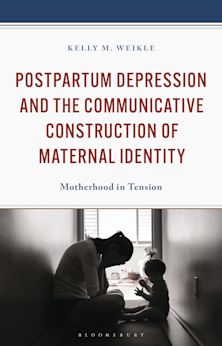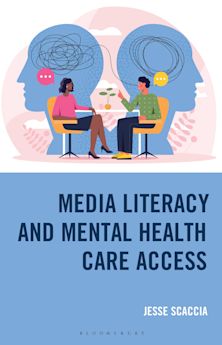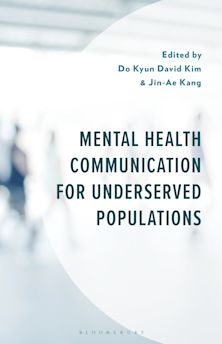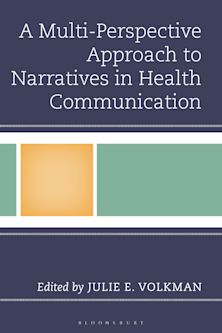- Home
- ACADEMIC
- Communication Studies
- Health and Science Communication
- From Awareness to Commitment in Public Health Campaigns
From Awareness to Commitment in Public Health Campaigns
The Awareness Myth
From Awareness to Commitment in Public Health Campaigns
The Awareness Myth
You must sign in to add this item to your wishlist. Please sign in or create an account
Description
Attempts to raise awareness on a multitude of health issues may actually be counter-productive and even dangerous to solving contemporary health problems. From Awareness to Commitment in Public Health Campaigns: The Awareness Myth discusses several myths of the benefits of raising awareness. Myleea Hill and Marceline Thompson-Hayes argue that using awareness as an end-point in public health campaigns is misguided and does more harm than good. They offer a model of the current awareness culture that simply leads to an ever-increasing cycle of awareness without behavioral change or sustained participation and support for causes. Then, they demonstrates how three factors (recognition involvement, knowledge-seeking and education, and participation) intersect to create commitment to solving and alleviating health problems through various methods of communication (social media, mass communication, and interpersonal communication).
Table of Contents
Foreword
By Susan Jacobson and Lynne M. Webb
Acknowledgments
Unit I
Chapter 1—Overview and Introduction: Awareness is Everywhere
Chapter 2—The Awareness Culture: The Rise of Ribbons and the Fall of Campaign
Chapter 3—Awareness as Events, Observations, and Amusement: An Analysis of Selected Health-Related Websites
Unit II
Chapter 4—The Awareness is Education Myth
Chapter 5—The Awareness is Enough Myth
Chapter 6—The Awareness is Acceptance Myth
Chapter 7—The Awareness is Altruistic Myth
Chapter 8—The Awareness Equals Health Myth
Unit III
Chapter 9—The Awareness Myth Model
Chapter 10—The Development of the Commitment-Communication Model
Bibliography
About the Authors
Product details
| Published | 27 Jun 2017 |
|---|---|
| Format | Ebook (Epub & Mobi) |
| Edition | 1st |
| Extent | 152 |
| ISBN | 9781498533300 |
| Imprint | Lexington Books |
| Illustrations | 3 b/w illustrations; 1 table |
| Publisher | Bloomsbury Publishing |
About the contributors
Reviews
-
From Awareness to Commitment in Public Health Campaigns: The Awareness Myth contains well-researched evidence reminding us that awareness does not necessarily translate into action. The use of personal stories to illustrate major points in the book speaks to the reader’s heart and the authors provide scores of examples of effective strategies to break out of “slacktivism” and create effective health campaigns. This book is a solid guide for health communicators and is a must for courses in health communication, campaign development, or strategic communication.
Michelle Miller-Day, Chapman University
-
In an approach that is well-evidenced and articulated, Hill and Thompson-Hayes critique “awareness culture” and propose a new communication model for enacting change in a digital age. More than a complementary text on health campaigns, this much-needed book addresses and seeks to remedy existing gaps in literature and practice.?
Katherine A. Foss, Middle Tennessee State University


































